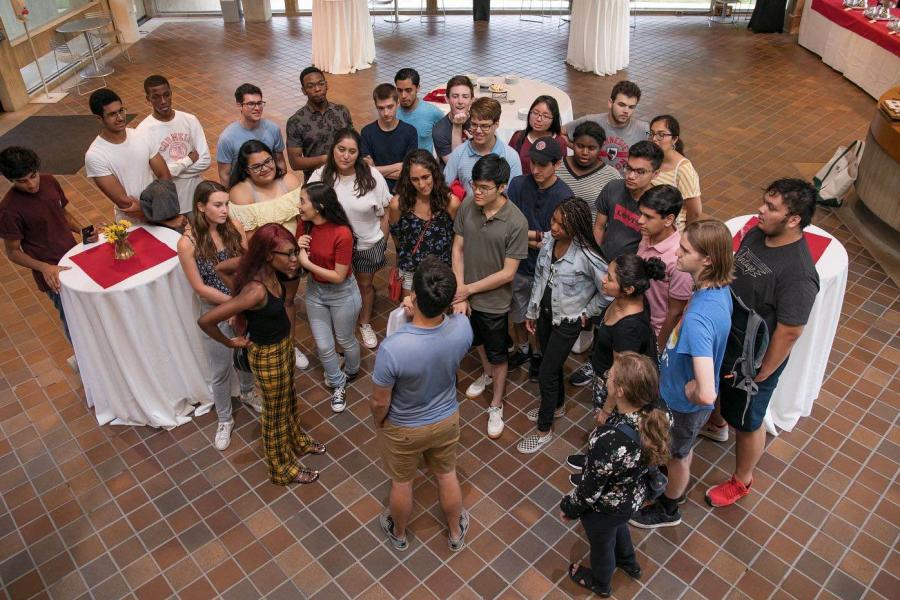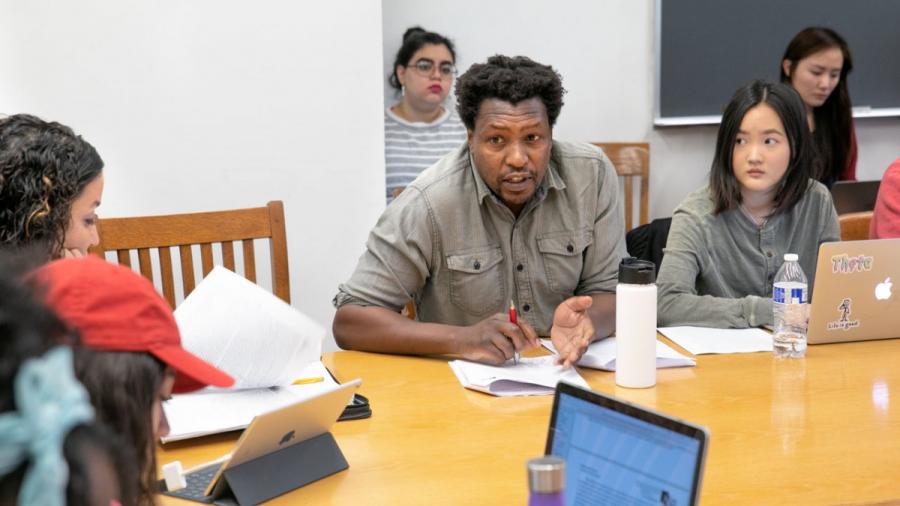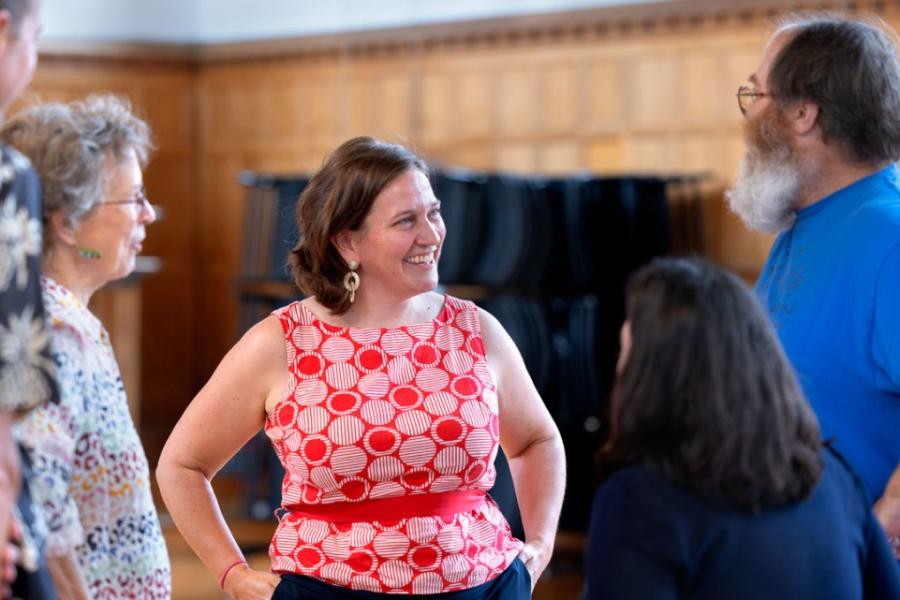The College of Arts & Sciences embodies Cornell University’s founding principle:
I would found an institution where any person can find instruction in any study.
- Ezra Cornell, 1868
The College of Arts and Sciences embraces Cornell University’s core values and is actively involved in Belonging at Cornell, a framework designed to continue the progress towards making Cornell a more diverse and inclusive environment.

Curriculum and support for students
The College of Arts & Sciences offers an expansive curriculum focused on exploration of humanity’s wide diversity of knowledge and culture, as well as opportunities that support our diverse student body.

Faculty at the forefront
Across our departments and programs, faculty members are leading their fields in research addressing diversity, equity, inclusion and accessibility. The faculty-elected Diversity and Equity Committee works on issues related to equity and diversity across the College.

Staff DEIA Committee
The staff DEIA committee seeks to honor our college's commitment to upholding the values of diversity, equity, inclusion, and accessibility through ongoing action, intentionally cultivating a sense of belonging for all identities and intersections of these identities.
Public engagement programming
In Spring and Fall 2024, The College of Arts & Sciences partnered with the Office of the Provost to host a series of talks, Antisemitism and Islamophobia Examined.
The College also oversees the Distinguished Visiting Journalist program and Arts Unplugged series which often addresses issues related to diversity, equity, inclusion and accessibility.
Additional diversity, equity and inclusion resources
Resources to address racism, antisemitism and Islamophobia
Visit this page to report an incident of bias.
Land Acknowledgment for the Ithaca Campus
Cornell University is located on the traditional homelands of the Gayogo̱hó:nǫɁ (the Cayuga Nation). The Gayogo̱hó:nǫɁ are members of the Haudenosaunee Confederacy, an alliance of six sovereign Nations with a historic and contemporary presence on this land. The Confederacy precedes the establishment of Cornell University, New York state, and the United States of America. We acknowledge the painful history of Gayogo̱hó:nǫɁ dispossession, and honor the ongoing connection of Gayogo̱hó:nǫɁ people, past and present, to these lands and waters.
Learn more about this land acknowledgment through the American Indian and Indigenous Studies Program.
